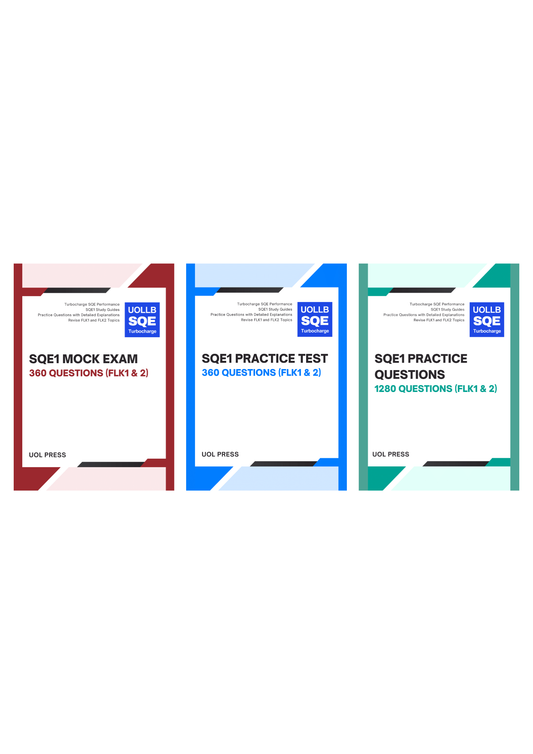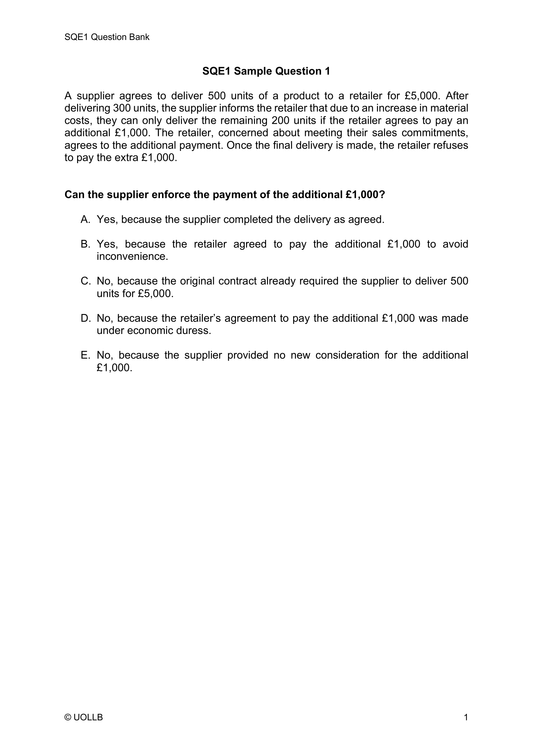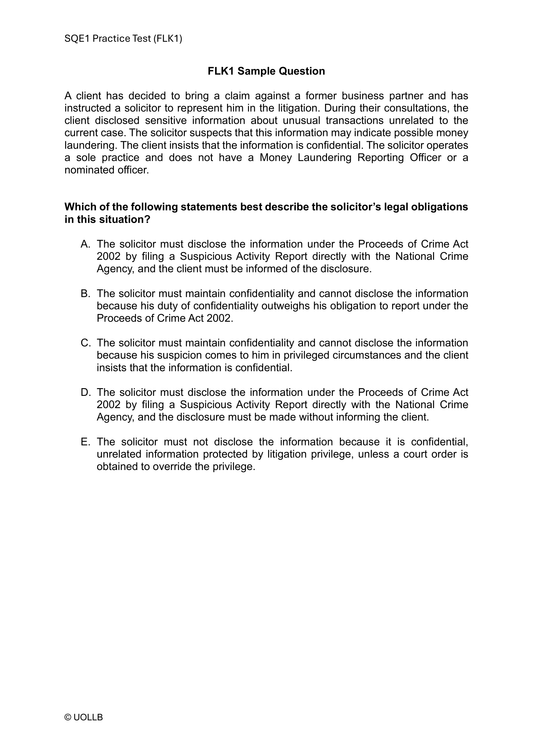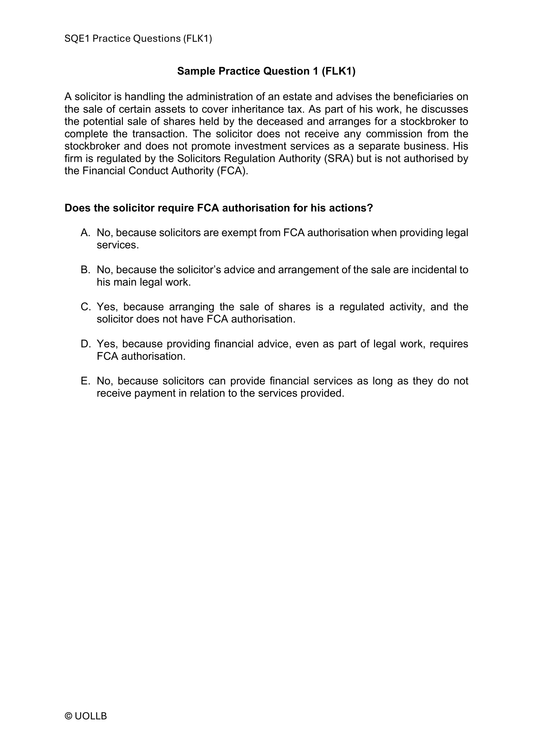Common Law Marital Rape Exemption
Share
The concept of marital rape exemption under common law historically refers to the legal doctrine that a husband could not be prosecuted for raping his wife because, by virtue of marriage, it was presumed that a wife had given her irrevocable consent to sexual intercourse with her husband.
Historical origins: The idea of marital rape exemption has its origins in ancient legal systems and social norms that viewed marriage as conferring ownership of the wife by the husband. In essence, it implied that a wife's consent to sexual intercourse was a permanent part of the marriage contract.
Sir Matthew Hale's influence: One of the most notable expressions of the marital rape exemption came from Sir Matthew Hale, a 17th-century jurist. In his work Historia Placitorum Coronæ, Hale stated that a husband could not be guilty of raping his wife because, through marriage, a wife had given herself irrevocably to her husband, including sexual consent.
Implied consent: The concept was based on the idea that once a woman entered into a lawful marriage, she had, by default, given her ongoing consent to sexual relations with her husband, and this consent could not be withdrawn. In essence, it treated wives as the property of their husbands.
Legal challenges: Over time, societal attitudes toward marital rape evolved, and legal challenges emerged. Courts and legal scholars began to question the validity of the marital rape exemption in the context of changing social norms and women's rights.
Legal development: Many jurisdictions have since abandoned the marital rape exemption. Legal reforms and court decisions, like R v R (1991) in the United Kingdom, established that it is a crime for a husband to rape his wife. These changes reflect the recognition of the importance of consent and the principle that marriage does not imply perpetual consent to sexual activity.
Global reforms: The rejection of the marital rape exemption is not limited to a single jurisdiction. Many countries around the world have reformed their laws to criminalise marital rape, recognising the fundamental principle that sexual activity must be consensual, regardless of the marital relationship.
In summary, the marital rape exemption under common law was a historical legal doctrine that exempted husbands from prosecution for raping their wives based on the presumption of ongoing consent within marriage. However, this concept has been largely discarded in favour of recognising that consent to sexual activity must always be freely given, even within a marital relationship. Legal reforms have reflected changing societal attitudes and a commitment to gender equality and individual rights.
Historical origins: The idea of marital rape exemption has its origins in ancient legal systems and social norms that viewed marriage as conferring ownership of the wife by the husband. In essence, it implied that a wife's consent to sexual intercourse was a permanent part of the marriage contract.
Sir Matthew Hale's influence: One of the most notable expressions of the marital rape exemption came from Sir Matthew Hale, a 17th-century jurist. In his work Historia Placitorum Coronæ, Hale stated that a husband could not be guilty of raping his wife because, through marriage, a wife had given herself irrevocably to her husband, including sexual consent.
Implied consent: The concept was based on the idea that once a woman entered into a lawful marriage, she had, by default, given her ongoing consent to sexual relations with her husband, and this consent could not be withdrawn. In essence, it treated wives as the property of their husbands.
Legal challenges: Over time, societal attitudes toward marital rape evolved, and legal challenges emerged. Courts and legal scholars began to question the validity of the marital rape exemption in the context of changing social norms and women's rights.
Legal development: Many jurisdictions have since abandoned the marital rape exemption. Legal reforms and court decisions, like R v R (1991) in the United Kingdom, established that it is a crime for a husband to rape his wife. These changes reflect the recognition of the importance of consent and the principle that marriage does not imply perpetual consent to sexual activity.
Global reforms: The rejection of the marital rape exemption is not limited to a single jurisdiction. Many countries around the world have reformed their laws to criminalise marital rape, recognising the fundamental principle that sexual activity must be consensual, regardless of the marital relationship.
In summary, the marital rape exemption under common law was a historical legal doctrine that exempted husbands from prosecution for raping their wives based on the presumption of ongoing consent within marriage. However, this concept has been largely discarded in favour of recognising that consent to sexual activity must always be freely given, even within a marital relationship. Legal reforms have reflected changing societal attitudes and a commitment to gender equality and individual rights.





























































